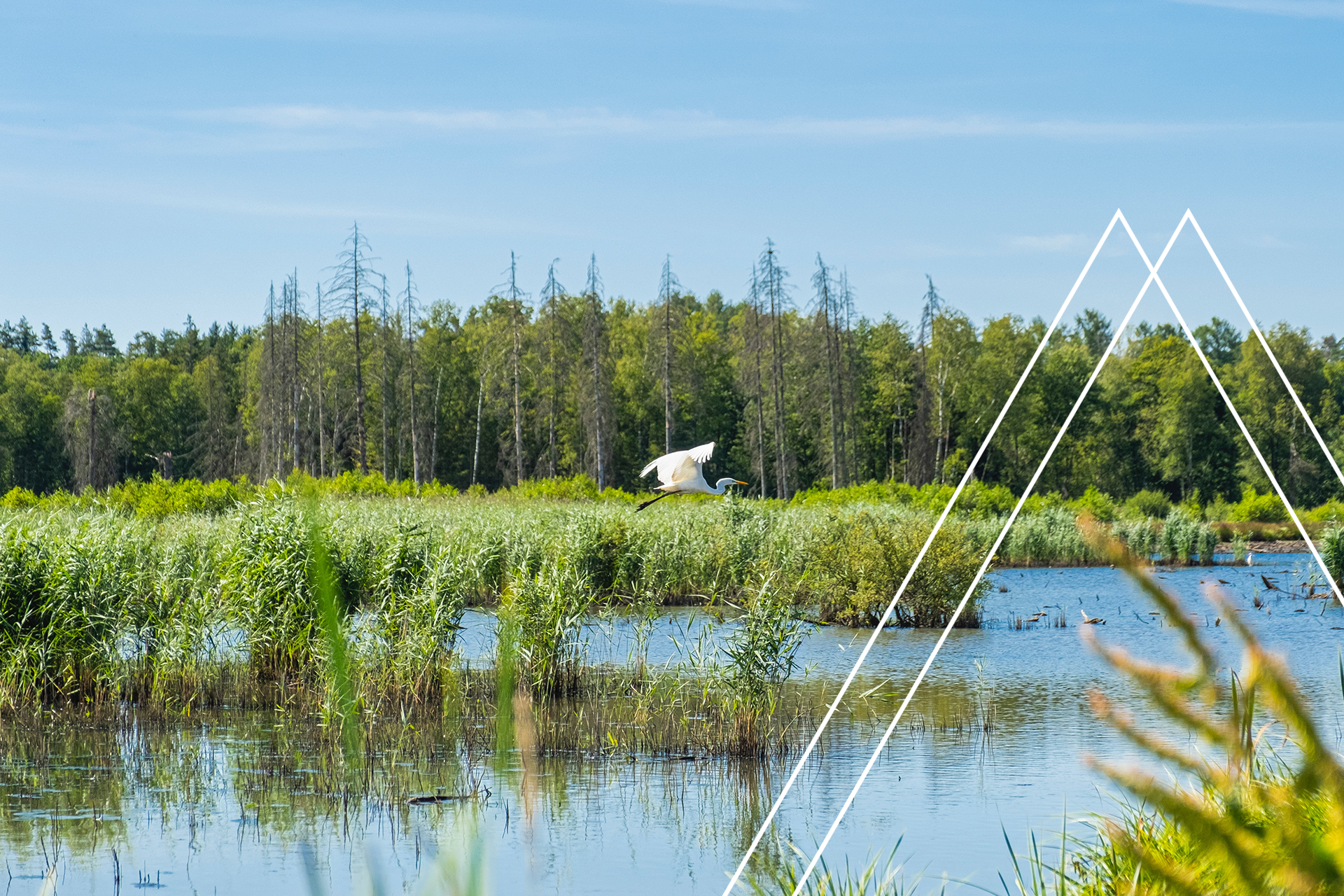Die Bedeutung der biologischen Vielfalt
„Biodiversität" ist bekannt als "die Variabilität unter lebenden Organismen aus allen Quellen,
einschließlich terrestrischer, mariner und anderer aquatischer Ökosysteme und der ökologischen Komplexe, zu denen sie gehören, einschließlich der Vielfalt innerhalb von Arten,zwischen Arten und von Ökosystemen". [1]
Diesem Bericht des Weltwirtschaftsforums zufolge hat die biologische Vielfalt einen wirtschaftlichen Wert von rund 44 Billionen Dollar (mehr als 50 % des globalen BIP), was sie zu einem der wertvollsten Güter der Erde macht. Trotz des enormen Wertes, den die biologische Vielfalt für uns hat, war der weltweite Verlust an Biodiversität in den letzten 50 Jahren beträchtlich, und 80 % dieses weltweiten Verlustes wird durch die bebaute Umwelt, die Landwirtschaft und den Energiesektor wie auch den Abbau von Rohstoffen verursacht.
Das menschliche Bedürfnis nach technologischem Fortschritt und wirtschaftlichen Wachstum trägt maßgeblich zum weltweiten Verlust von Biodiversität bei. Laut der Intergovernmental Science-Policy Platform on Biodiversity and Ecosystem Services (IPBES) sind die folgenden fünf treibenden Kräfte für den Großteil des Naturverlustes innerhalb der letzten 50 Jahren verantwortlich:
- Verlust von Lebensraum an Land und im Meer
- Übermäßige Ausbeutung der natürlichen Ressourcen
- Ausbreitung von invasiven Arten
- Klimawandel
- und Verschmutzung
Was die biologische Vielfalt für uns bedeutets
Die Erhaltung der biologischen Vielfalt hat unmittelbare Vorteile für die Menschen und den Planeten und ist für das Überleben aller Arten auf der Erde entscheidend.
Biodiversität stellt uns sowohl Ökosystemleistungen zur Verfügung, die die Umwelt regulieren (wie die Bindung von CO 2 oder die Stabilisierung des Bodens), als auch Versorgungsleistungen, die den Menschen mit einer Vielzahl von Gütern versorgen. Diese reichen von Nahrungsmitteln (viele menschliche Nahrungsmittel hängen von der Vielfalt der Kulturpflanzen und den damit
verbundenen Bestäubern, Raubtieren und Bodenorganismen ab) bis hin zu Energiequellen und sogar Medikamenten.
Ein wichtiger Faktor, der oft übersehen wird, ist die kulturelle Bedeutung der biologischen Vielfalt. Die Möglichkeit, mit Wildtieren, Landschaften und Gewässern zu interagieren, bietet Erholung, spirituellen Wert und sogar Inspiration für Kunst. Biologische Vielfalt kann so zur Entwicklung einer persönlichen, gemeinschaftlichen und nationalen Identität beitragen.
Ökosysteme mit einer intakten biologischen Vielfalt sind in der Regel auch stabiler und haben eine höhere Widerstandsfähigkeit gegenüber sich ständig ändernden Bedingungen. Je mehr genetische Variabilität vorhanden ist, desto leichter kann sich eine Art anpassen. Eine Vielfalt an Arten kann helfen, Dürren, Schädlingsbefall und Raubbau abzufangen.
Wie die biologische Vielfalt städtische Gebiete unterstützt
Was unsere städtischen Gebiete betrifft, so bietet die biologische Vielfalt nicht nur Vorteile für die Bewohner, sondern auch für die Gebäude selbst. Die bebaute Umwelt bietet ein großes Potenzial für den Schutz, die Förderung und die Wiederherstellung der biologischen Vielfalt.
Einer der größten Vorteile von Biodiversität in Städten ist die verbesserte Luftqualität, die durch die Vegetation aufgrund der erhöhten Sauerstoffproduktion und Schadstofffilterung erreicht wird. Ein weiterer großer Vorteil sind die niedrigeren Temperaturen. Bäume und begrünte Dächer spenden Schatten und kühlen durch den Evapotranspirationsprozess ab, was sich sehr positiv auf die Abschwächung des städtischen Wärmeinseleffekts auswirkt.
In stark bebauten Städten können Wärmeinseleffekte entstehen und dazu führen, dass durch erhöhte Temperaturen auch der Energiebedarf steigt, da z. B. Klimaanlagen verstärkt genutzt werden. Hingegen kann die Schaffung städtischer Gärten beispielsweise in Zeiten starker Regenfälle von Nutzen sein, da diese als biologisches Filtersystem fungieren und den Abfluss
von Regenwasser unterstützen können, um somit wiederum das Überschwemmungsrisiko zu verringern. Baumwurzeln und andere Pflanzen stabilisieren Böden und Ufer und verhindern Erosion und Erdrutsche, die Gebäude und andere Infrastrukturen beschädigen könnten.
Biologische Vielfalt durch die Ausweitung von städtischen Grünflächen kann psychologisches Wohlbefinden fördern und zu verringerter Kriminalität und Stress und verbesserter körperlicher Gesundheit führen. Des Weiteren kann biologische Vielfalt kann dazu beitragen, einem Ort eine einzigartige Identität zu verleihen.
Die Bedeutung der biologischen Vielfalt für EnviroSustain
Für EnviroSustain ist die biologische Vielfalt ein Bereich von besonderem Interesse und bleibt auch im Jahr 2024 ein wichtiges Thema, das wir im Auge behalten werden. Anfang letzten Jahres haben wir unsere neue 10-jährige Partnerschaft mit Rewilding Europe bekannt gegeben einer gemeinnützigen Stiftung, die die Wiederbelebung von Landschaften in ganz Europa unterstützt. Im Rahmen dieser neuen Partnerschaft geht ein Prozentsatz des Jahresumsatzes von EnviroSustain an Rewilding Europa, zunächst als Beitrag zur Unterstützung des neu gegründeten European Wildlife Comeback Fund.
Wir freuen uns, Rewilding Europe und seinen Netzwerkorganisationen pro bono Beratung zu Gebäuden im Zusammenhang mit Rewilding anbieten zu können, wie z. B. bei der Entwicklung neuer Büros und Rewilding-Zentren.









Head Office, Berlin,
Neue Grünstraße 17 | 18 Hof 1 | TRH 3
10179 Berlin
© ES EnviroSustain GmbH 2021




